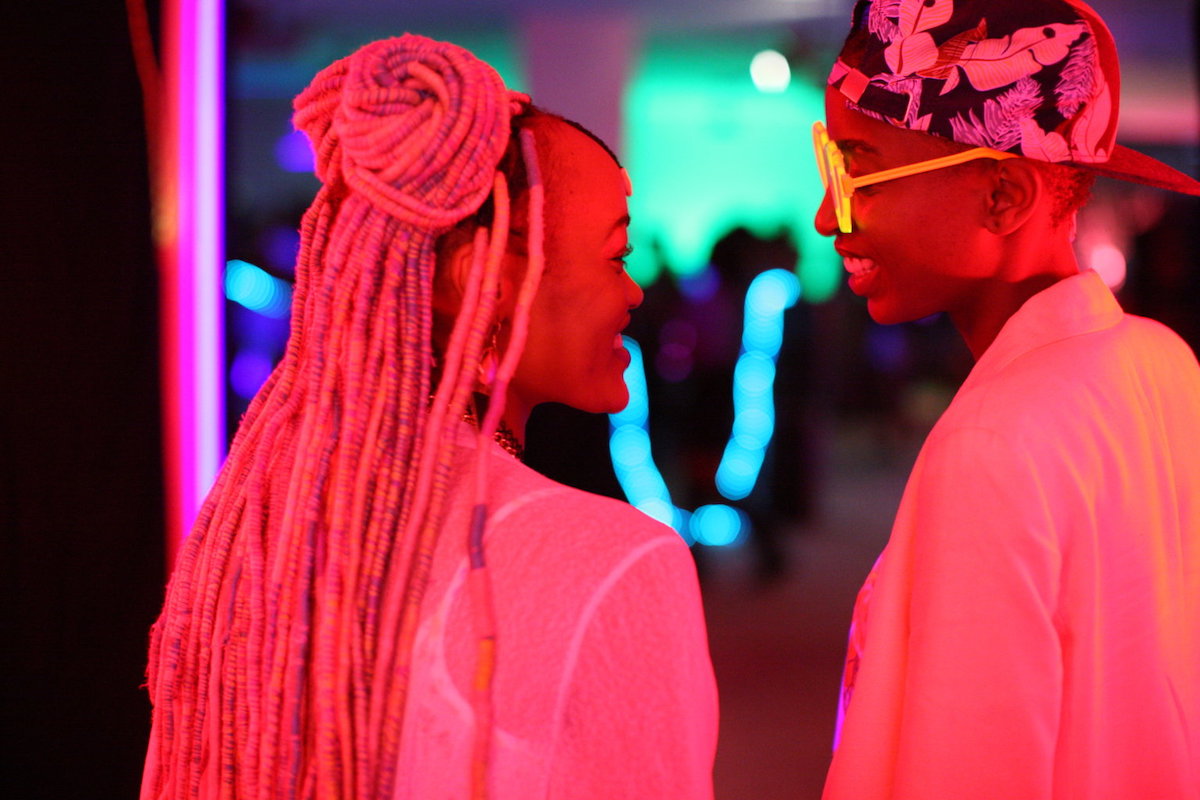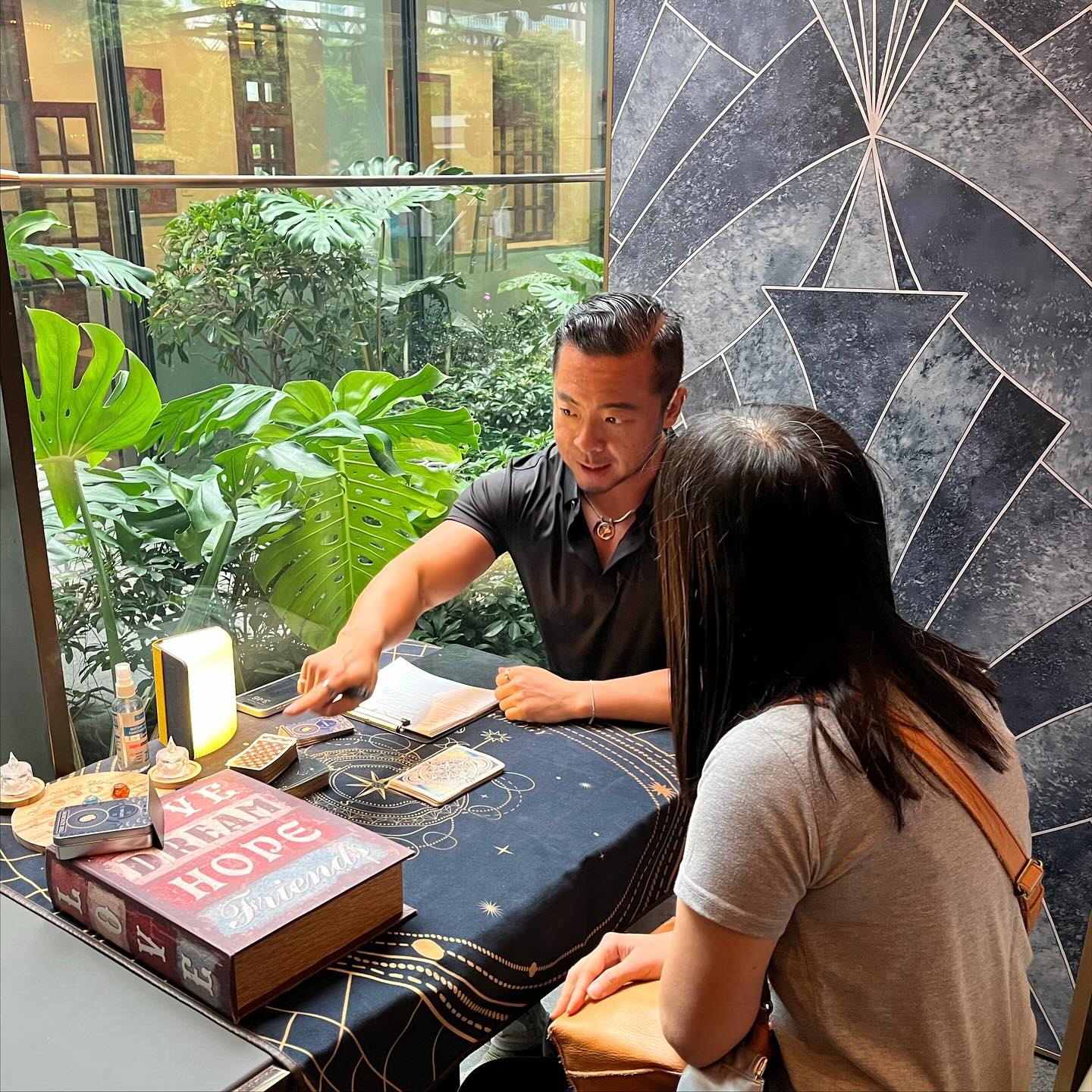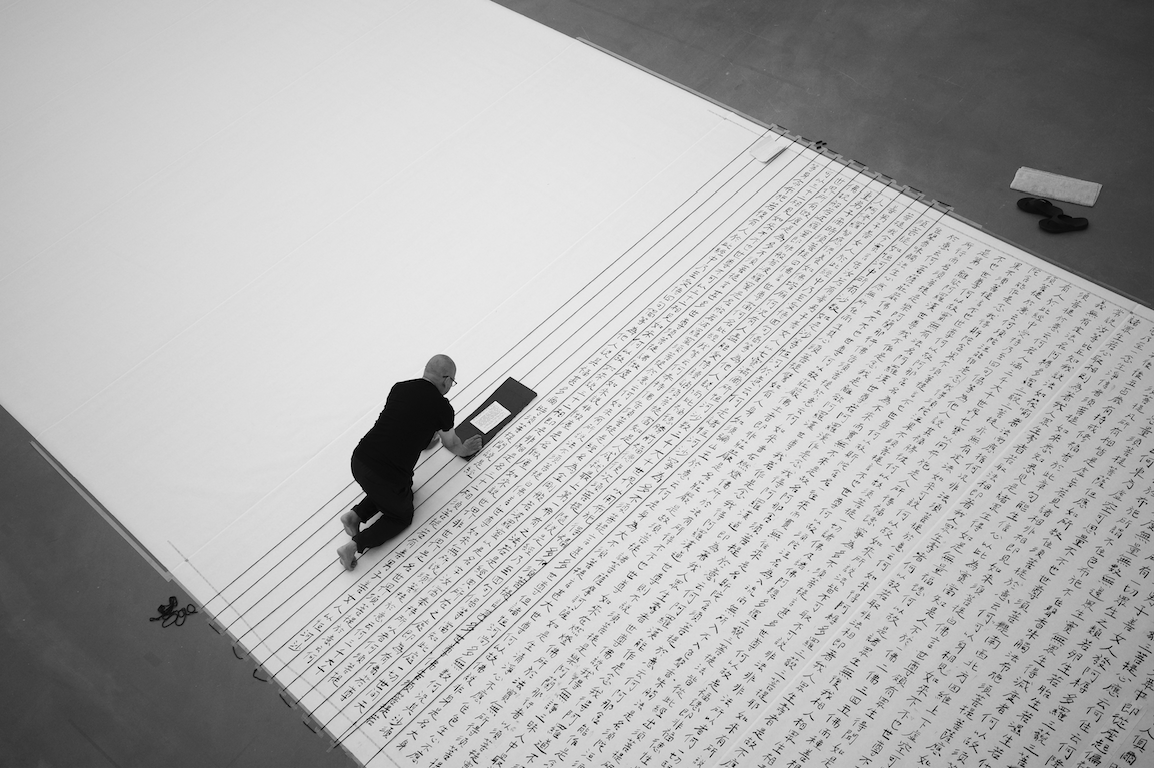
This past month, there have been several pieces of art, entertainment and pop culture that have been censored or banned in their countries of origin. Whether it be due to differences in political or humanitarian ideology, it appears that governments have raised objections over the content or implicit meanings held in these works, a majority of which happen to be films, interestingly enough.
With June being Pride Month, it is also unfortunate that most of the works listed have been banned for their pro-LGBTQA+ content.
Here’s a selection of six censored pieces of pop culture that we love and that you should check out right now.
Rafiki (Kenya)
The first ever Kenyan film to compete at Cannes, Rafiki was directed by Wanuri Kahiu and depicts a modern lesbian romance in a country where homosexual relationships are illegal and punishable with up to 14 years in prison. The plot follows two young women in the capital of Nairobi and is part of what Kahiu calls the Affrobubblegum genre in Kenyan art. As part of the genre, the award-winning film does not explicitly mention politics (although it does allude to it in the background) but was banned by the Kenyan Film Classification Board (KFCB) as they saw it as promoting LGBTQA+ relationships. Kahiu is currently suing her government for doing so as it violates the Kenyan constitutional provision for Freedom of Speech that is the right of every Kenyan citizen. The KFCB temporarily lifted the ban on the 2018 film for a week so that it could qualify to compete at the Oscars and Cannes Film Festival 2019, but then re-instated the ban.
The film itself is a teen romance (a little Love Simon-esque) that is based on another African Cannes contender- and later winner- the 2007 Ugandan short-film Jambula Tree by Monica Arac de Nyeko. It follows two girls, daughters of politicians, who begin a relationship despite coming from different worlds. Within a conservative society, same-sex relationships are usually hidden. The title, which means friend in Swahili, is also a foreshadowing as to how the girls have to hide their romance. The film features very little nudity or sexual content but for the KFCB in Christian Kenya, Rafiki still “glamorised” LGBTQA+ relationships. According to Kahiu, the film could have still been released with a PG 18 rating, should the ending have portrayed the characters as regretting their relationship. When she refused to change the ending, the film was banned.
In the week that the ban had been lifted, Kenyan citizens flocked to see the film. It has received positive reviews from the international audience so far. Kahiu’s trial will have its next hearing in June. She has achieved international recognition for her work, especially Rafiki, and it will be very interesting to see what else she has in store.
Cathay Pacific Campaign Photo (China)
Absence of #LGBT-themed image in #CathayPacific
#MoveBeyond campaign from MTR stations and airport causes furor in #HongKong. https://t.co/7UCUHBmYrR
pic.twitter.com/PkOtBOriJe— Taiwan News (@TaiwanNews886) May 21, 2019
At this point, we must have all seen the picture with the same-sex couple walking down a beach barefoot that was part of Cathay Pacific’s new ad campaign. While other pictures were allowed to be displayed, it was this one in particular that was banned in both Mainland China and Hong Kong, initially. While the MTR and Hong Kong International Airport did reverse their bans, the picture is still banned from the campaign in Mainland China. While China did accept the recent 2019 recommendations by the UN Human Rights Council and while homosexuality is not illegal, the government does crack down on LGBTQA+ content. A notable recent example is Bohemian Rhapsody, the movie about Queen frontman Freddie Mercury, which was heavily censored for content about Mercury’s sexuality.
In the midst of this, it will be interesting to see how Chinese censors will react to the release of Rocketman– the Elton John biopic that does not leave out any details of the singer’s life, including his sexuality. Rocketman, the first major studio film depicting a sex scene between two men, will encounter a lot more obstacles it seems- if the picture ban tells us anything.
Chokehold (Arizona, USA)
LIVE NOW: Watch @LawProfButler and @kojoshow talk about Butler’s new book #Chokehold
#WAMUBooks
@PoliticsProse
https://t.co/RiYwh6Qfvt
pic.twitter.com/Jl4LpM9EEM— Georgetown Law (@GeorgetownLaw) 12 July 2017
Chokehold: Policing Black Men is a book about the way the legal and penal system in the United States treats African American men. The title holds great significance to the Black Lives Matter movement and the We Can’t Breathe movement. It refers to a tactic used by police officers when subduing a suspected criminal. The technique applies pressure on the windpipe of an individual and thus they can be arrested. The use of the chokehold has been criticised several times, most notably in 2014 when it resulted in the death of Eric Garner. His last words were, “I can’t breath”- hence the name of the movement.
Chokehold aims to highlight an institutional bias that is present against African American men in the criminal justice system of the United States. To do so is not necessarily unique. Marx, Engels, Carmichael and Hamilton have all spoken about biases one way or another. Nonetheless, the book, written by Paul Butler, has been banned from prisons in the state of Arizona, despite them having the highest rates of incarceration for African American men- with one in 19 men being imprisoned. In 1989, the Supreme Court of the United States set a precedent that allowed states to limit access to certain things for inmates- provided that the access came with a security risk. Dr Butler and the ACLU (American Civil Liberties Union) believe that the book cannot have such an effect on prisoners and that banning the book is a violation of the First Amendment right to Freedom of Speech.
Previously, states had also banned a similar book that spoke of racism in institutions from prisons. Titled The New Jim Crow: Mass Incarceration in the Age of Colourblindness
by Michelle Alexander, the ban was lifted after pressure from the ACLU. Chokehold is a required reading at Georgetown Law, the university where Butler is also a professor. Even though the premise is not new, he makes some very interesting suggestions to better the situation- including abolishing the prison system altogether. It will be quite an interesting read for anyone who wants to know more of how legal and penal institutions influence one another.
Arthur (Alabama, USA)
#Arthur‘s Mr. Ratburn Comes Out as Gay, Gets Married in Season 22 Premiere https://t.co/nMSrNWHeOz
pic.twitter.com/Vo4wiSHsVb— TVLine.com (@TVLine) May 13, 2019
In 2019, Disney introduced their first gay character. It was the first time the industry giant had featured LGBTQA+ content. PBS Kids soon followed suit. PBS Kids, part of the larger PBS network, is a television channel that creates content specifically marketed towards children. One of their most famous shows is Arthur. It follows the titular character, an aardvark who navigates his permanent childhood with the help of his friends and family. The show is a household name and recently launched its 22nd Season.
The premier episode was titled “Mr Ratburn and the Someone Special” and features the children’s teacher getting married to his partner, Patrick. Marc Brown, the creator of the show, wanted to portray a same-sex wedding in order for children to see a more accurate portrayal of human relationships. However, the state of Alabama (which recently came under fire for its controversial abortion bill) will not be airing the episode. Alabama Public Television stated that parents “trusted” the network and so it decided not to air the episode. The station had previously decided to not air an Arthur episode in 2005 that had included a lesbian couple and their child.
This new inclusion of LGBTQA+ characters may hint at a new, more nuanced perspective being included in children’s shows that will better prepare them for teenage or adult life- Arthur, for one, is aimed at four to eight year olds. The episode, which will not being broadcast in the state, is still available on the official PBS Kids website.
Consumer Art by Natalia LL (Poland)
The National Museum of Warsaw announced last week that it intends to remove the 1973 video “Consumer Art” by artist Natalia LL. https://t.co/Mqo58EJO1U
pic.twitter.com/ZOnrMeMKmm— CNN Style (@CNNStyle) April 30, 2019
In 2018, Poland had their General Election and, keeping with the recent European trend towards right wing politics, the country saw the Law and Justice Party come to power. Since then, the conservative nationalist government has seen a series of scandals involving Polish art and culture. One of the most notable ones was when the Ministry of Culture cut funding towards a museum that housed government criticism, among other pieces. But the latest controversy surrounds the National Museum in Warsaw and the removal of Consumer Art, a work by Polish artist Natalia LL.
The artwork is a series of still films featuring a woman eating a banana. The sexual undertone was very obvious and very much deliberate. It was removed shortly after the museum head was summoned to the Ministry of Culture, along with two other pieces that also had themes relating to sexuality. Natalia LL was one of the first Polish artists to question the lack of exploration of human sensuality and sexuality in conceptual art. Her Consumer Art piece at the Museum was one of three that she had done in the 1970s. Some critics also see it as referring to the food shortages in Communist Poland which happened when the piece was made in 1973.
The removal sparked outrage in the art community and beyond with people taking to Instagram and posting pictures with bananas. Their #bananaselfies feature either people copying the same pose as LL’s model or using a banana as a gun. Faced with this very public reaction, the museum announced that the piece would be reinstated until the 6th of May when the Museum is due for reorganisation. While we don’t know whether or not the piece will be back after that, we can still see pictures of it on Natalia LL’s website.
Memories of My Body (Indonesia)
In 2019, the government of Indonesia decided to crack down on “pornographic” content and introduced a piece of draft legislation. Titled the “Music Bill”, the law has resulted in the ban of 85 different pop-songs, including songs from Ed Sheeran, Ariana Grande and Bruno Mars. But it’s not just songs that the country wishes to censor. They have also been equally hard handed with films.
Garin Nugroho’s Memories of My Body is a film that was semi-banned in some Indonesian provinces. It follows the main character over a number of years through the rule of Suharto (president/ dictator through the ’60s till the 80’s). However, it is not the political content that has resulted in its ban. It’s the LGBTQA+ content. Even though the official government censors approved the film for release, local leaders in certain provinces have still banned the film from being shown. They believe that the film promotes ideas that are contrary to Indonesian culture and traditions.
The film has won several accolades abroad. It follows Juno, based on Indonesian choreographer Rianto, as he tries to find his place in conservative Indonesian society as a gay boy, and later, man. He is able to explore his sexuality through performing the traditional gender fluid dance lengger lanang. The dance is now associated primarily with the drag queen community and seeks to explore the overlap between masculinity and femininity- much like Juno does in the film. It serves as an apt motif for Juno’s struggle to find balance. It is only when he is able to embrace his reality, and the dance, that he is truly at peace. The film has been called, “a moving piece of physical and political drama ” and it should definitely be seen and appreciated for its artistry when it comes to visuals and writing.





